|
My childhood and youth in the Episcopal Church was a wonderful experience for me. As I said in Part 1, that little Episcopal Church in Lewisburg, WV was like my second family. I loved everything about it. Church was my “happy place.” When I was 13 years old, my family moved from Lewisburg to Newtown, CT. When we were looking at houses the realtor showed us one next door to Trinity Episcopal Church and I thought, “This is where I want to live!” My parents chose a different house, but Trinity very quickly became our church home. There were certainly more Episcopalians in Newtown than Lewisburg, and Trinity reflected that reality. It was much larger and had an active youth group. The building was beautiful and iconic, sitting in the center of town right across from Newtown’s trademark “flagpole.” My twin brother and I got involved with the youth group and started acolyting. A young priest named Bob O’Connor arrived shortly after we did, and we formed a very deep bond with Fr. Bob. He more than anyone else was responsible for forming and discipling me during my formative high school years. Fr. Bob taught me what it meant to have a personal relationship with Jesus, and for that I will be forever grateful. The day after I graduated from high school my parents moved to Colorado, so my brother, my sister and I all followed them to the University of Colorado in Boulder. That first year I would come “home” every weekend to do my laundry, and I started attending St. Matthew’s Episcopal Church with my parents. It was tiny, but the community that I had loved so dearly at St. James in Lewisburg was there at St. Matthew’s. For my sophomore year my siblings and I got a house together that had a washer and dryer, so it was time to find a church home in Boulder. My future wife Lisa and I attended a college fellowship group run by the local Presbyterian church during the week, and we started attending St. Ambrose Episcopal Church on Sundays. The rector, Fr. Gerry, was a Nashotah House trained charismatic evangelical and he became a mentor for me. Lisa and I volunteered to help with the youth group and choir and after graduating from college we joined a “home group” and I took a job as the part time youth minister. St. Ambrose was very different from any church I had attended before. I had always been to churches with formal liturgy and hymns accompanied by the organ. St. Ambrose was a bit more laid back. They sang newer songs with guitars and projected the words onto the wall with an overhead projector. Some people even wore jeans to church! We regularly experienced people speaking in tongues and manifesting other gifts of the Spirit in worship. We used the same Prayer Book and the same liturgy, but we did it in a very different way. It was a wonderful example of the “broadness” of Anglican worship. In 1997 Lisa and I sadly departed our St. Ambrose family and moved to Austin, TX where I studied at the Episcopal Theological Seminary of the Southwest. Our plan was to take some time to explore the many different Episcopal churches in Austin before settling on a church home. Our first Sunday there we went to St. Matthew’s. It was by far the largest Episcopal church I had ever been to in my life (save for the National Cathedral in Washington, DC). At the time I think their average Sunday attendance was well over 1000 people. I’ll admit that I felt a little overwhelmed. When the service was over one of the priests (there were three full time priests on staff) made a beeline for me. He grabbed my hand and said, “You must be Eric Zolner.” I was shocked. Had he received a gift of knowledge? Did my reputation precede me to Austin? It turns out that Fr. Doug McCurry and my twin brother Marc had spent a summer together serving in an Episcopal church in Virginia Beach that was being planted by Fr. Bob O’Connor. When Doug saw me he knew I wasn’t Marc and just assumed I was Marc’s twin brother. Needless to say we didn’t go to any other churches after that. I firmly believe that God’s providence guided us to St. Matthew’s in Austin. Seminary was a challenging 3 years. I had heard stories about how the Episcopal Church was getting more and more progressive, but I never really experienced it until I got to seminary. Basic Christian truths were often challenged and sometimes outright denied by faculty and students alike. I was labeled as an “ignorant fundamentalist” because I argued for the uniqueness of Christ in offering salvation. The one thing that kept me grounded was my weekly meeting with Fr. Doug. I’m not sure if I would have survived without his prayers, his advice and counsel, and his friendship. For my third year of seminary I was assigned to serve in a parish for “field education.” The seminary insisted on placing more conservative students in very liberal parishes so that we might be “theologically challenged.” Interestingly enough it didn’t go the other way and liberal students were rarely placed in conservative parishes. I was placed at St. Michael’s Episcopal Church in Austin, and it was quite the experience, which I think I will save for another blog post. Before my ordination I had to be interviewed by the Standing Committee of the Diocese of Colorado. There were rumblings in the Episcopal Church. Chuck Murphy and John Rogers had recently been consecrated as “missionary bishops” to the United States and the Anglican Mission in America was in the early stages of formation. There was a fear in the diocese that there would soon be a mass exodus of conservative and evangelical clergy. My former rector and mentor Fr. Gerry had offered me a position serving with him, but everyone knew that he already had one foot out the door. In all honesty I told the Standing Committee that I did not have any plans at that time to leave the Episcopal Church. After all, I loved the church, and you don’t abandon those you love when times are difficult. I wanted to stay in. I wanted to fight for truth and biblical orthodoxy. I wanted to serve the many faithful Episcopalians who felt like their church was drifting away from them. I would soon be ordained in the Episcopal Church. But deep down inside I was fairly confident that I would not retire as an Episcopal priest. Something was bound to give. I just didn’t know when. My first position out of seminary was as the “youth and family minister” at St. Aidan’s Episcopal Church in Boulder, across the street from the University of Colorado. It felt like I was coming home returning to Boulder and the CU campus. I served for three years under Fr. Don Henderson, a kind and orthodox priest. The parish itself was in the midst of a lawsuit. A few years before my arrival the youth minister had invited the youth group to her lesbian wedding. This had been in the late 1990s, before even the Episcopal Church had officially recognized same sex marriage, and the youth minister was subsequently fired. She sued the church and the rector for discrimination. The church wound up winning the case, but it really took its toll on Fr. Don and the parish. St. Aidan’s was a great place for me to “cut my teeth,” but things seemed a bit stagnant. I was tasked with building up a youth group and children’s Sunday school, but found it difficult to get the resources I needed. For example, all of the Sunday school classrooms were being used by an infant and toddler daycare during the week, so the rooms really couldn’t be used for Sunday school classes on Sunday mornings. We talked a great deal at vestry meetings about what we were going to do to grow, but nothing actually happened. One day at a vestry meeting we were having one of these discussions when a vestry member said, “We keep talking about what we need to do to grow, but there are a lot of us here that don’t want to grow. We like things the way they are.” I was a bit shocked, but was happy that he was being honest. I realized that night that it was time for me to move on. Don Armstrong, the rector of Grace Church & St. Stephen’s in Colorado Springs, had been after me to come work for him for the past year. Grace was the largest Episcopal church in Colorado at the time and also one of the most conservative theologically. Fr. Don was well know and well connected not just in the diocese, but in the communion. It seemed like it would be a safe place to ride out the storm in the national Church, so I called Fr. Don that night and asked when I could come down and talk with him. A week later we met, and I went to work the next day and wrote my letter of resignation to St. Aidan’s. When I called Don at Grace Church later that night and told him I had resigned he simply said, “Eric, I haven’t offered you a job yet.” Thankfully everything worked out and in July of 2003 I began serving as the Associate Rector at Grace Church & St. Stephen’s. That was a pivotal month in national Episcopal Church and for me as well. It signaled the beginning of my exodus out of the Episcopal Church. But that story will need to wait until Part 3.
3 Comments
Clifford A Burr
12/15/2020 09:23:28 pm
This was very interesting. I felt a bit of this in my old church as well.
Reply
John Grayson
8/28/2021 10:44:19 am
I think I attended Good Shepherd Kingwood with your parents several years ago. During the turmoil in the ECUSA, he told me about your journey in Colorado. Glad you are where you are and doing what you do.
Reply
Carl Gordon Pyper
3/2/2021 07:32:20 pm
Now, politics on two extremes show teeth: 1. "You have to accept/embrace our illiberal/anti-Christian invasion of the Church." or 2. "We like things just as they are. Don't upset us with a bunch of new members." Thankfully, you found faithful fellow travelers. Otherwise; What a fouled-up seminary ... amazing you survived!
Reply
Leave a Reply. |
The Rev. Eric ZolnerFather Eric is a 3rd generation Anglican and the Rector of All Saints Anglican Church in Springfield, MO. Archives
February 2021
Categories |
|
All Saints Anglican Church
2751 E Galloway Street Springfield, MO 65804 Church Phone Number: 417-888-3001 GET DIRECTIONS |
Sunday Morning Worship
8:15 a.m. Holy Communion 10:45 a.m. Holy Communion Click here for this week's worship schedule Morning Prayer 8:15 a.m. Monday through Friday |

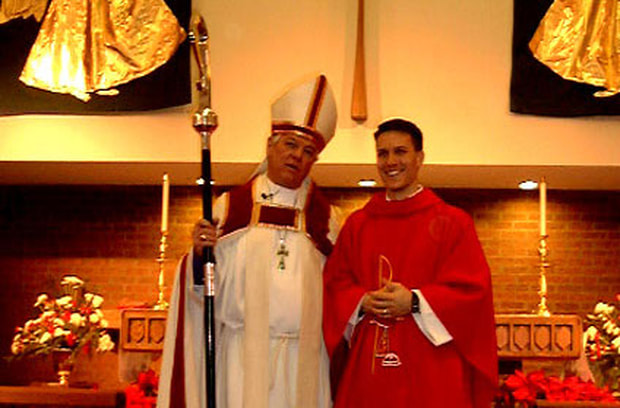
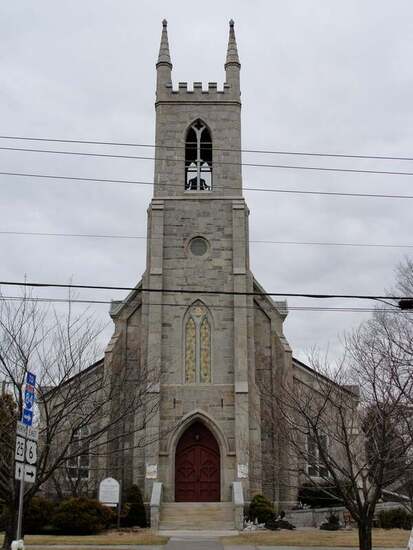
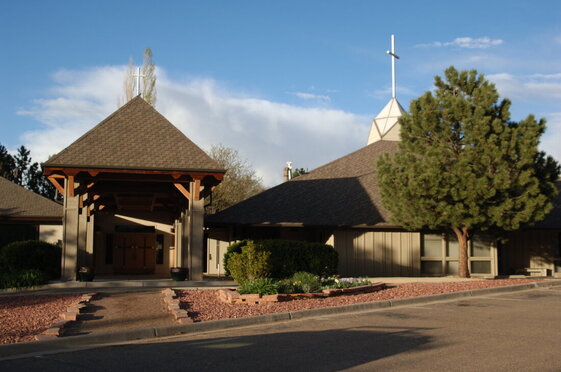
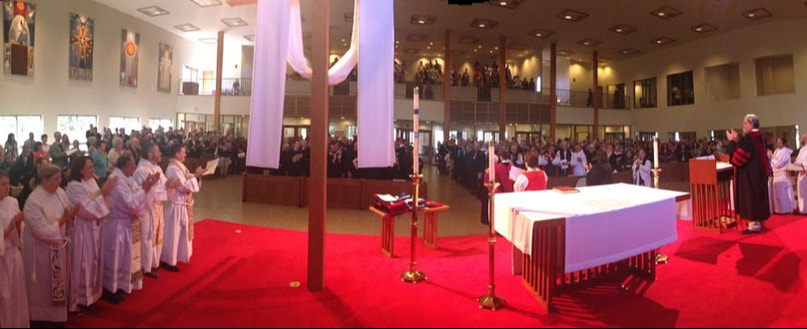
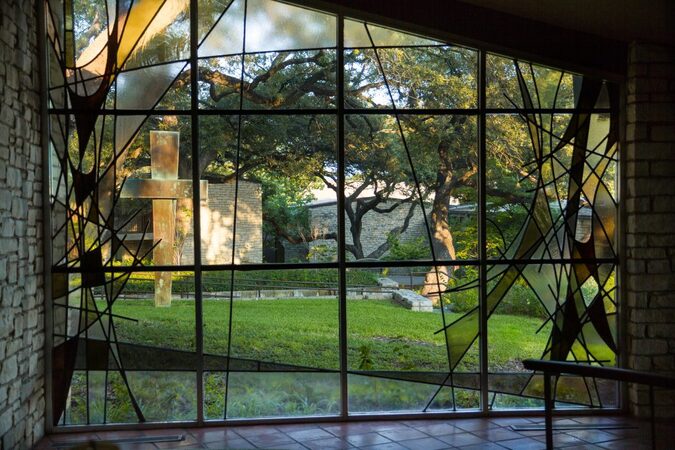
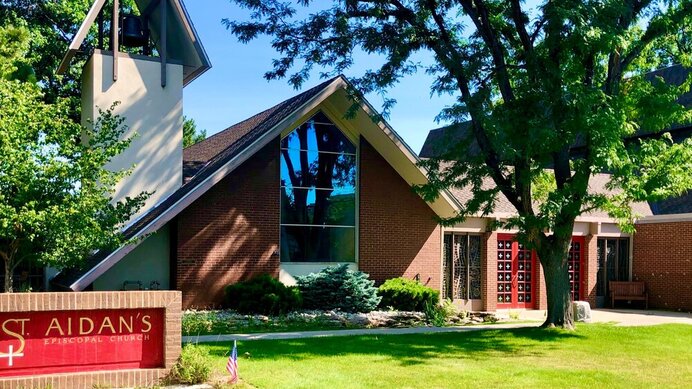
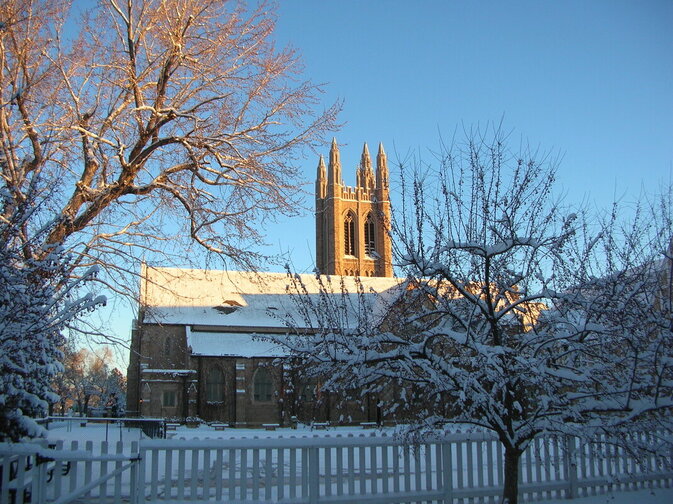
 RSS Feed
RSS Feed